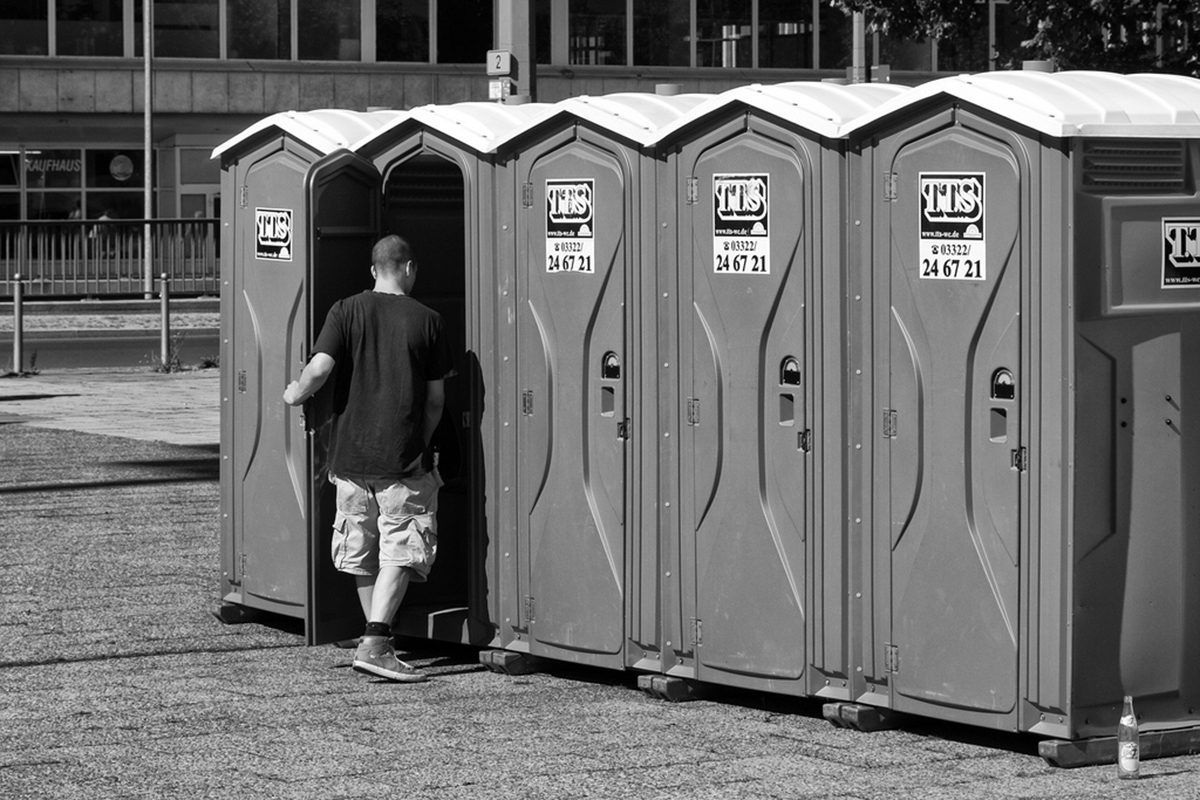Table of Contents
If a man notices any of the following symptoms, it could be related to benign prostatic hyperplasia:
- Frequent urination: urinating eight or more times each day
- Urinary urgency: cannot delay urination
- Urine with a foul smell or unusual odor
- Pain after ejaculating or during urination
- Urinary retention: still having urine in the bladder after using the bathroom
- Dribbling at the end of urination
- A weak urine stream
- Nocturia: frequent urination during sleep
- Trouble beginning to urinate
- Urinary incontinence: accidentally losing urine

BPH Treatment Options
There are a variety of ways that benign prostatic hyperplasia can be treated. A healthcare provider who treats benign prostatic hyperplasia will base treatments off of the severity of symptoms, how the symptoms affect a man’s life and what the man decides he would prefer to do.
A doctor may recommend a man observes some lifestyle changes to make the symptoms of BPH less bothersome. By reducing fluid intake particularly before going out in public a man can enjoy more bladder control and lessen the chances of an accident. Avoiding caffeine and caffeinated beverages can help reduce urination and may lessen the likelihood of an overactive bladder.
Medications To Treat BHP
In addition to adhering to certain lifestyle modifications, an urologist or healthcare provider may recommend medications to help alleviate the symptoms of benign prostatic hyperplasia. Some of the medications that can shrink the prostate or reduce the symptoms of BHP include:
- Terazosin
- Doxazosin
- Tamsulosin
- Alfuzosin
- Silodosin
- Alpha blockers
- Phosphodiesterase-5 inhibitors
- Combination medications
- Finasteride
- Dutasteride
Procedures For Benign Prostatic Hyperplasia
Medical researchers have developed a number of minimally invasive procedures which may alleviate the symptoms of BHP, especially in cases where medications and lifestyle changes prove ineffective. These procedures include:
- Prostatic stent insertion
- Transurethral needle ablation
- Transurethral microwave thermotherapy
- High-intensity focused ultrasound
- Transurethral electrovaporization
- Water-induced thermotherapy
Prognosis
There is ongoing research surrounding benign prostatic hyperplasia and it is aimed at finding treatments for urinary tract disorders. While BHP cannot be cured, treatment can help reduce the symptoms. The type of treatment a person receives will depend on the symptoms being experienced, their severity and whether or not the individual has complications.
READ Prostate Health and Prostate Problems - What You Need to Know
Sometimes if the symptoms of BHP are mild and do not bother a ma, a doctor may wish to watch the condition and take a “wait and see” approach to treatment. What this means is that a man might want to make some small lifestyle changes here and there in order to control the symptoms of benign prostatic hyperplasia. With regular checkups and the right medical care, the symptoms of BHP can be controlled and a man can have a relatively normal quality of life.
- Photo courtesy of MilitaryHealth via Flickr: www.flickr.com/photos/militaryhealth/7782846432
- Photo courtesy of kohlmann.sascha via Flickr: www.flickr.com/photos/skohlmann/9783472876
- www.niddk.nih.gov/health-information/health-topics/urologic-disease/benign-prostatic-hyperplasia-bph/Pages/facts.aspx
- www.mayoclinic.org/diseases-conditions/benign-prostatic-hyperplasia/basics/definition/con-20030812
- urology.jhu.edu/prostate/bph.php
- www.pcf.org/site/c.leJRIROrEpH/b.5780045/k.3758
- /Benign_Prostatic_Hyperplasia_BPH.htm
- www.auanet.org/common/pdf/education/clinical-guidance/Benign-Prostatic-Hyperplasia.pdf


Your thoughts on this